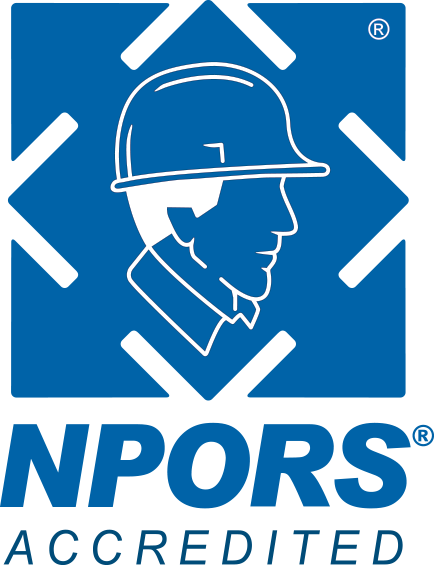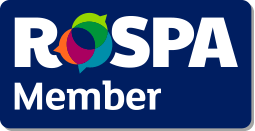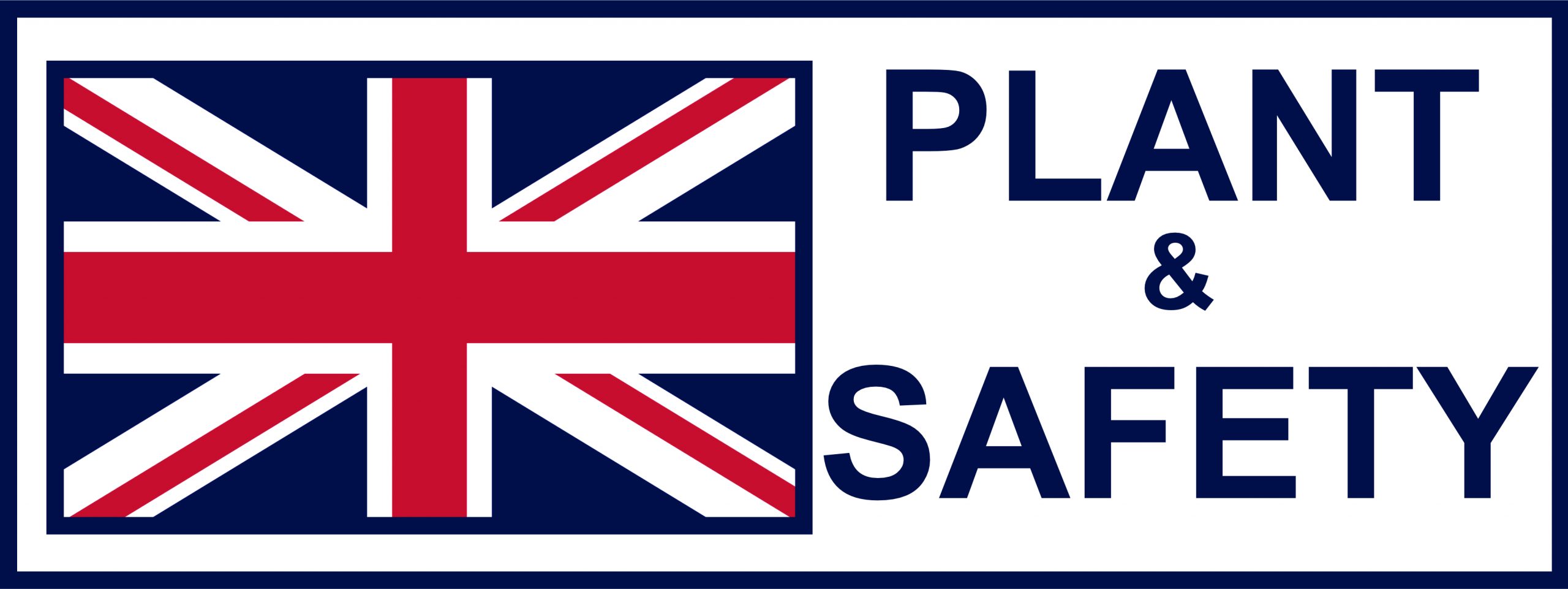HOW WE HELP
PUWER Inspection and Thorough Examination: Work Equipment (PUWER Inspection and Testing)
Plant and Safety Limited are national providers for PUWER Inspection, PUWER Testing, PUWER Thorough Examination, and PUWER Certification services. Our Work Equipment Inspection (PUWER Inspection) services keep your company, and your work equipment compliant, ensuring that your employees are able to work safely and effectively. A Work Equipment Inspection is required in accordance with PUWER 1998.
Our national team of highly qualified and experienced engineers are able to provide engineering inspection, testing, and certification services on all types of equipment which require a thorough examination under LOLER 1998, PUWER 1998, WAHR 2005, PSSR 2000, and COSHH 2002. This includes Lifting Equipment and Accessories, Work Equipment, Mobile Plant Equipment, Access Equipment, Pressure Systems, Local Exhaust Ventilation, Passenger and Goods Lifts, and Industrial Doors.
Keeping equipment compliant can be a challenge, which is why our inspection database automatically plans the next due dates for each inspection, allowing us to notify our customer in advance when equipment needs to be inspected and certified again.
Let’s Talk About Your Equipment
Speak to one of our inspection specialists about your compliance requirements.
Not sure what inspection you need?
View All Inspection Services
MORE INFORMATION ON PUWER 1998
What is PUWER 1998? And What Does it Stand For?
The Provision and Use of Work Equipment Regulations 1998 (often abbreviated to PUWER) place duties on people and companies who own, operate or have control over Work Equipment.
This includes all businesses and organisations whose employees use Work Equipment, whether owned by them or not. In most cases, Work Equipment such as Overhead Cranes, Forklift Trucks, and Access Equipment is also classed as Lifting Equipment in accordance with LOLER 1998.
PUWER 1998 requires that all Work Equipment is Suitable, Maintained, Inspected at suitable intervals, and suitable Training and Information is provided on the safe use and operation of the equipment. PUWER 1998 specifically requires that all Work Equipment receives a routine Thorough Examination and Inspection by a competent body.
Records must be kept of all thorough examinations and any defects found must be reported to both the person responsible for the equipment and the relevant enforcing authority.
TRUSTED EXPERTS
Accreditations and Memberships





















UNDER PUWER 1998
What Types of Equipment Are Classified as 'Work Equipment'
Work Equipment is defined to include any Machinery, Appliance, Tool, Installation, and any item of Lifting Equipment for use at work. The scope of PUWER 1998 is therefore extremely wide.
Examples of Work Equipment Equipment Includes, but is not limited to: Lifting Equipment and Accessories, Manual and Powered Pallet Trucks, Hydraulic Equipment, Axle Stands, Ladders and Steps, Forklift and Stacker Trucks, Excavators and Diggers, Racking, Passenger and Good Lifts, Vehicle Tail Lifts, Power Presses, Dock Levellers amd Waste Compactors.
Have a Question About Compliance?
Our team are happy to help, just send us a message.
How Often Do I Need to Have My Work Equipment Examined?
Unlike other regulations such as LOLER 1998, PUWER 1998 does not define a set frequency for a competent person to carry out a Thorough Examination and Inspection.
Our recommendation is therefore as follows: Thorough Examination every 12 months at minimum, unless class as Lifting Equipment or an Accessory for Lifting. We also recommend a Thorough Examination every 6 months for equipment associated with lifting people.
Thorough Examination every 12 months at a minimum, unless classed as Lifting Equipment or an Accessory for Lifting people.

MORE QUESTIONS ABOUT PUWER 1998
Keeping Your Work Equipment Safe and Compliant
More questions? We have you covered
What does a “thorough examination” include?
A thorough examination involves:
Detailed inspection of structure, components, and safety devices
Functional testing under load or pressure
Identification and documentation of defects
Recommendations for repairs, replacements, or safe removal from service
An official report with dates, signatures, and clear pass/fail status
Who can perform PUWER inspections?
Examinations must be conducted by a competent person, someone with adequate training, experience, and independence. Many businesses rely on certified third-party engineers, like Plant & Safety, to ensure impartiality and regulatory compliance.
What happens after a failed PUWER inspection?
If defects are identified, equipment must be:
Immediately marked or isolated from use
Repaired or replaced promptly
Re-examined by a competent person before being returned to service
All findings and follow‑ups are recorded in the PUWER inspection report.
Frequently Asked Questions (FAQs)
How does PUWER differ from LOLER?
PUWER covers general equipment safety and maintenance. LOLER specifically addresses the use of lifting equipment. While there’s overlap (e.g. cranes, hoists), LOLER adds requirements for safe lifting operations, detailed records, and periodic load testing.
Here at plant and safety we cover both aspects
What are the legal consequences of non-compliance?
Not following PUWER can result in serious fines, legal action, or an improvement notice from the Health & Safety Executive (HSE). In the event of an injury, companies could face prosecution, reputational damage, and costly insurance claims.
How can Plant & Safety help with PUWER compliance?
Plant & Safety offers end-to-end PUWER support:
Planning tailored inspection schedules
Thorough, on-site examinations by certified engineers
Clear, documented reports with actionable insights
Follow-up support—repair advice, retests, and compliance tracking
This ensures your business stays safe, compliant, and operational.
HOW CAN WE HELP
Get a Free Quote for your PUWER Inspection and Work Equipment Thorough Examination Today
*We may contact you occasionally with exclusive offers, promotional discounts, and company updates that may be of interest to you. By ticking the box above, you consent to Plant and Safety LTD storing and processing your personal data. To learn more about how to unsubscribe and how we protect and respect your privacy, please see our updated Privacy Notice.
Looking for a Different Service?
Explore our other inspection and compliance services.
Still unsure?
PUWER Inspection
PSSR 2000 Inspection
COSHH Regulation
How can we help?
To learn more or if you have any questions, please feel free to call or email us. You can also request a call back using our online form.
T: 0330 113 7920
E: sales@plantandsafety.co.uk
Useful Links
